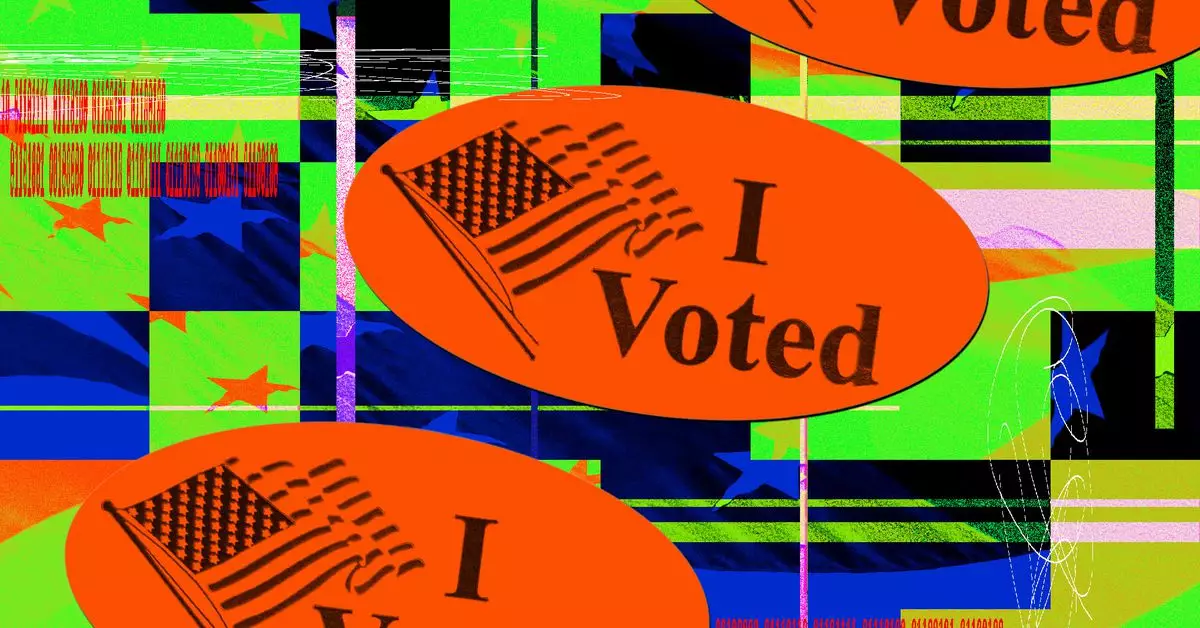As the 2024 United States presidential election approaches, geopolitical tensions are flaring, with international concerns surrounding foreign interference mounting. Recently, the U.S. Treasury Department announced sanctions against organizations in Russia and Iran. This decisive action was triggered by these groups’ purported efforts to meddle in the electoral process and create socio-political unrest among American voters.
The first group of concern is the Moscow-based Center for Geopolitical Expertise, an organization reportedly linked to Russia’s Main Intelligence Directorate (GRU). This entity has developed its own AI capabilities to circumvent foreign hosting services, enabling it to generate and disseminate disinformation with alarming speed. Such tactics reflect a sophisticated understanding of both technology and psychological manipulation, as they craft narratives that target specific voter segments.
The extent of the disinformation campaign is staggering, with the organization allegedly managing a network of at least 100 deceptive websites. These sites were designed to mislead and polarize American audiences, targeting particular societal issues to exacerbate division. For instance, the production of manipulated videos aimed at discrediting political figures signifies a troubling escalation of digital warfare that could influence public perception and electoral integrity.
Simultaneously, the U.S. government has targeted the Cognitive Design Production Center, which is linked to Iran’s Islamic Revolutionary Guard Corps (IRGC). This organization is suspected of plotting similar interference strategies, beginning its operations as early as 2023. The Iranian involvement amplifies the concern regarding the expansive foreign interference campaign, as it showcases a united front of adversarial nations leveraging cutting-edge technology to destabilize American democracy.
Notably, the U.S. Department of Justice also indicted Iranian individuals for a cyberattack against a prominent political campaign. Such actions underscore the urgency for preventive measures and protective mechanisms to safeguard election processes from external threats.
Bradley Smith, the Acting Under Secretary of the Treasury for Terrorism and Financial Intelligence, emphasized the malicious intent underlying these foreign actions in a recent press release. The U.S. government views these disinformation campaigns not merely as attempts to sway an election but as strategic maneuvers designed to fracture the social fabric of American society, creating deeper divisions among its citizens.
In response to these revelations, the implications of sanctions are vast. Not only do they aim to stifle the operational capabilities of these groups, but they also serve as a formal acknowledgment that such interference is unacceptable. The measures signal to both adversarial nations and domestic stakeholders the necessity of maintaining electoral integrity.
As election day looms and disinformation campaigns evolve, vigilance and proactive measures are essential. The complexities of modern technology combined with the art of persuasion mean that safeguarding democracy requires both individual awareness and collective action. The recent sanctions against Russian and Iranian organizations are just one step in a larger battle against misinformation and foreign manipulation, highlighting the critical need for continued scrutiny and resilience in the democratic process.


Leave a Reply